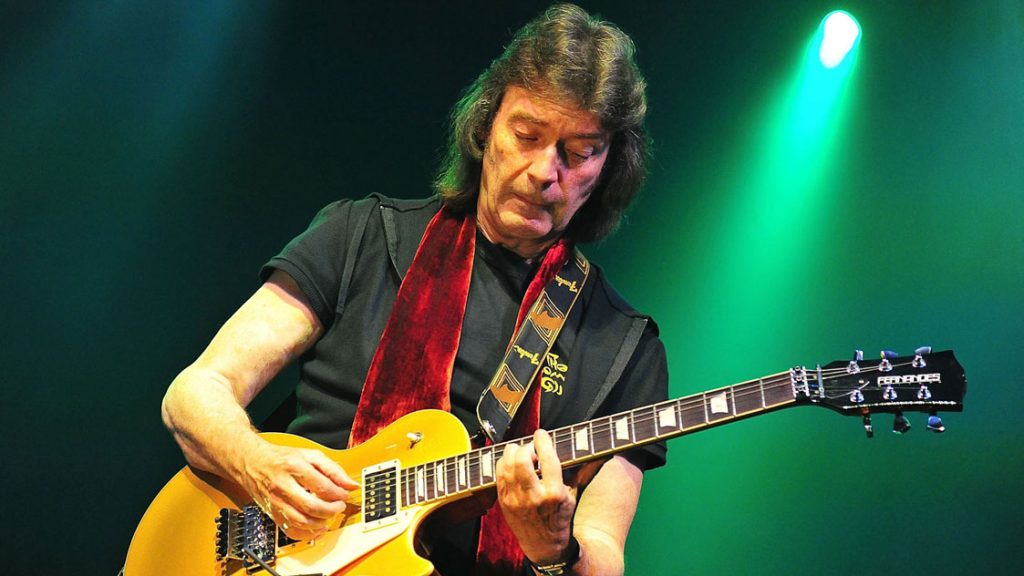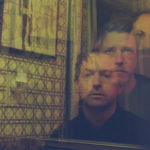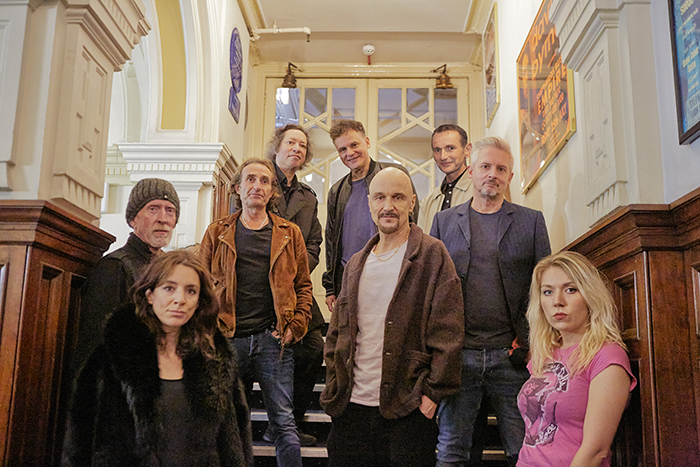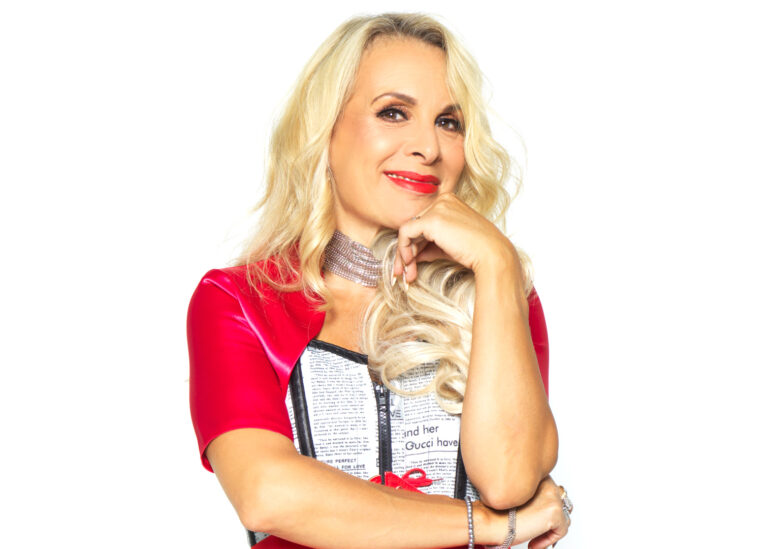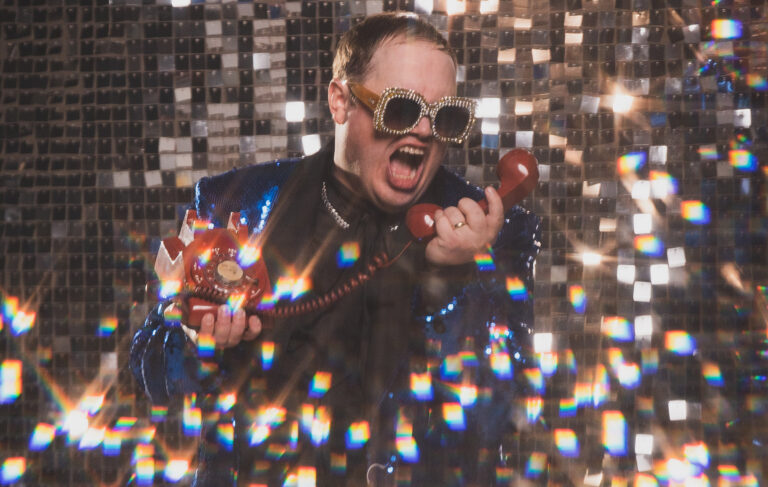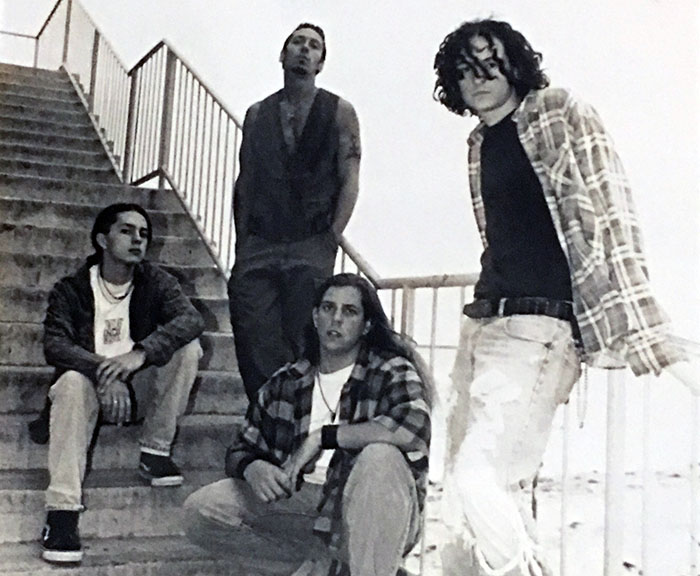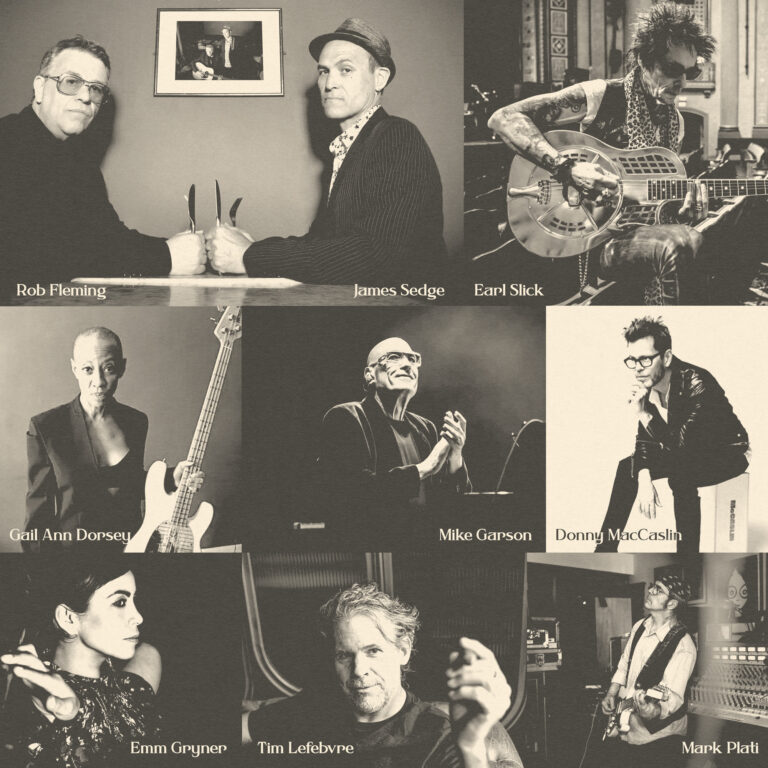Steve Hackett and 10 Questions with TotalNtertainment by Chris High
Steve Hackett joined Genesis as guitarist in 1971, in place of Anthony Phillips. Alongside Peter Gabriel, Mike Rutherford, Phil Collins and Tony Banks, Genesis went on to create monolithic albums such as Foxtrot, A Lamb Lies Down on Broadway and a huge favourite of John Lennon’s, Selling England by the Pound. Steve’s extraordinary versatility in both his electric guitar playing and his composing, sees he involves influences from many genres, including Jazz, World Music and Blues and his frank, honest and thoroughly entertaining autobiography, A Genesis In My Bed, is available now. Here he chats with Chris High about touring, Lockdown and writing the book!
1. How have you coped with Lockdown and the postponement of your Seconds Out & More tour?Although I’ve not been able to do shows, it’s been a really productive period to be honest.
One of the benefits of this awful time has been the lack of distraction and not having to go away. So it has been really constructive, if frustrating in that we can’t visit people in the way we are used to doing or do many of the things we enjoy. One thing we can rely on in these uncertain times is music, so I’ve been putting my efforts in to producing more.
2. The tour has been postponed until 2021. Is your band line up the same: Nad Sylvan, keyboardist Roger King, bassist Jonas Reingold, Rob Townsend on saxophone and flutes, and drummer Craig Blundell?
The intention had been to tour with the same line up this year and next year. It looks like the team will be getting together again, which I am thrilled about because I love the guys and the sound we manage to produce as a team. Craig and Jonas have a rhythm section to die for, it is extraordinary. To be able to listen to nothing else, that would be entertainment enough for me.
3. Seconds Out was recorded during your final tour with Genesis, following the release of Wind & Wuthering studio album. What do you remember about that time?
The stuff on Seconds Out, being a live album, was a cherry pick of all the songs we’d recorded during my time with Genesis between 1971 and 1977. We didn’t want to detract too much from the studio album as a recording, so we chose a catalogue of earlier songs as well. I actually left midway through Seconds Out being put together, for reasons of their being of what I felt as a lack of autonomy and a need for me to stretch out a little. That said, it was a great time. The band were on a high and had played to 60,000 plus in London during 1977 alone. So the band had lived up to and surpassed all my expectations at that point. I just felt it didn’t need to go into stadiums or write a string of hit singles to be successful.
4. What brought about your departure?
I’ve always been much more of an albums kind of guy, being honest. The mooted introduction of MTV, however, meant that commercial change was in the air by then. Plus, I’d already released Voyage of the Acolyte, my debut solo album, and been pleasantly surprised at the success of that album. Nobody, least of all me, had expected that. And I was pretty roundly criticised by some of those who had helped me make the album for not concentrating solely on Genesis by people. It felt a bit like they were running with both the hare and the hounds, so I felt my days were numbered from then on. It was a very competitive band and I wasn’t a founder member of it. When Peter [Gabriel] left, I kind of felt more isolated than I might have expected. I had always loved the more classical components of Genesis’ music, which were provided by both Peter and Tony [Banks]. I felt these were in in the process of being somewhat lost as the move towards becoming more mainstream evolved through the search for hit singles. Although the band went on to be so hugely successful in the eyes of the public, I felt I needed to go my own way before that.
5. You will be returning to Liverpool on the tour next year. What is it about the city you enjoy most?
I love playing Liverpool. It is an extraordinary place, full of history. Not just in the buildings and surroundings, but within all genre of music. Rock is at the heart of the place though. I have some fabulous memories of how it had been during the early days playing in the city. Of hall porters staying up in the Station Hotel along with Lindisfarne and Van Der Graaf Generator, supplying us with endless drinks and cheese rolls until the early hours. And it was all done with such great grace too. They’re days that can’t be repeated. Touring Britain as a bunch of likely lads on the dirt cheap. They were great days indeed.
6. Genesis In My Bed is the title of your recent autobiography and, having read it, what strikes home is that it comes across more like a story than an account of events.
I rewrote it several times and really wanted to make it accessible. I found it much more difficult than writing a song or, indeed, an album. Music is a much less time consuming process if you have a mind for it. A book, however, is an entirely different animal. This took a couple of years to complete because memories and ideas kept occurring that needed to be included. Then, of course, I’d need to find a pad to jot them down before I forgot, which isn’t always easy to find in the shower or wherever. It was cathartic to an extent, enjoyable and frustrating at times.
Being able to put oneself across as eloquently as you would like is really difficult. I didn’t want to publish a school essay, but something truthful and revealing and entertaining to read. Embarrassing too, in places, to dispel any myths that I’m anything more than as flawed as any other human being. I’m not a saint or a genius. I’m a working musician who has learned by his mistakes. I’ve worked with a lot of people who rightly see themselves as being genius. I have always had doubts about my abilities and drive myself on by always trying to improve. Technique is only part of being able to write anything of any lasting value. Floundering is sometimes good and I admit to picking lots of brains.
7. The band members of Genesis – Peter, Mike & Tony particularly – have a reputation of being from financially secure backgrounds. That certainly wasn’t the case with you?
How do you think the contrast between the old worlds of post-war Britain – what you describe as being ‘a brown and grey world’ which evaporated through music – have had an affect your approach to song writing and music?Of course I influenced by the time I grew up. At first I didn’t know my place in a world filled with unnecessary rules and regulations. The general feeling was my generation was being prepared for the next big and probably ultimate conflagration. We were being readied as cannon fodder for a world that had already worked out how to annihilate itself.
It was a world of contradiction and those conflicts were very present in me. My dad got me to pass the 11+, and I was fortunate to attend Grammar school as a result. I have no practical skills whatsoever. Some of that experience was useful, most of completely useless. Education, I think, is designed to give parents a break and can be psychological warfare masked as education. Canada I found, when I lived there, had a completely different outlook which was much more encouraging. I remember my art master tearing a piece of work up in front of the class and describing it as mad.
To me music, however, has always been a symbol freedom and nobody did that to me. Luckily. Piano at school was the thing, so I learned guitar myself and kept it away from the school place and found my own way while being surrounded by this greyness of the outside world.
8. In the book you mention that a major influence on your early playing was Peter Green, who we sadly lost over the weekend. You saw Peter perform with John Mayall and The Blues Breakers.
I am really happy to talk about Peter Green. When I was 16, in 1966, at Kensington Town Hall with a bunch of mates, John Mayall’s Blues Breakers were the first band I ever saw perform live. Drinking under age and being blown completely away by the fabulous Peter Green. John Mayall was terrific as well, but Peter on that night was mesmerising. Eric Clapton had just left at that point, too, yet here Peter was doing astonishing things with his Les Paul guitar and a Marshall amp. Of all his work, I preferred his time with John Mayall because it was pure blues and that’s all I ever wanted to be at that time.
9. Okay. If you could shop at any store for free, what would you buy?
Oooh, let me see. I think I would probably try and get a Rickenbacker six string. I have a twelve string, but a six string for free would be fabulous. Oh, and a spare orchestra. That would be very nice, thank you very much!
10. Finally, when can fans expect a new Steve Hackett solo album?
There’s a live album due for release in September. There’s also an acoustic album due soon after that. I’m also working on a rock album. I’m touring almost touring almost constantly next year, so the containment we were talking about at the start is allowing me to stockpile material. From a personal perspective, at least that is something worthwhile to have come out of this whole terrible time.
You can read our review of Genesis in My Bed here: https://www.totalntertainment.com/music/a-genesis-in-my-bed-book-review/
